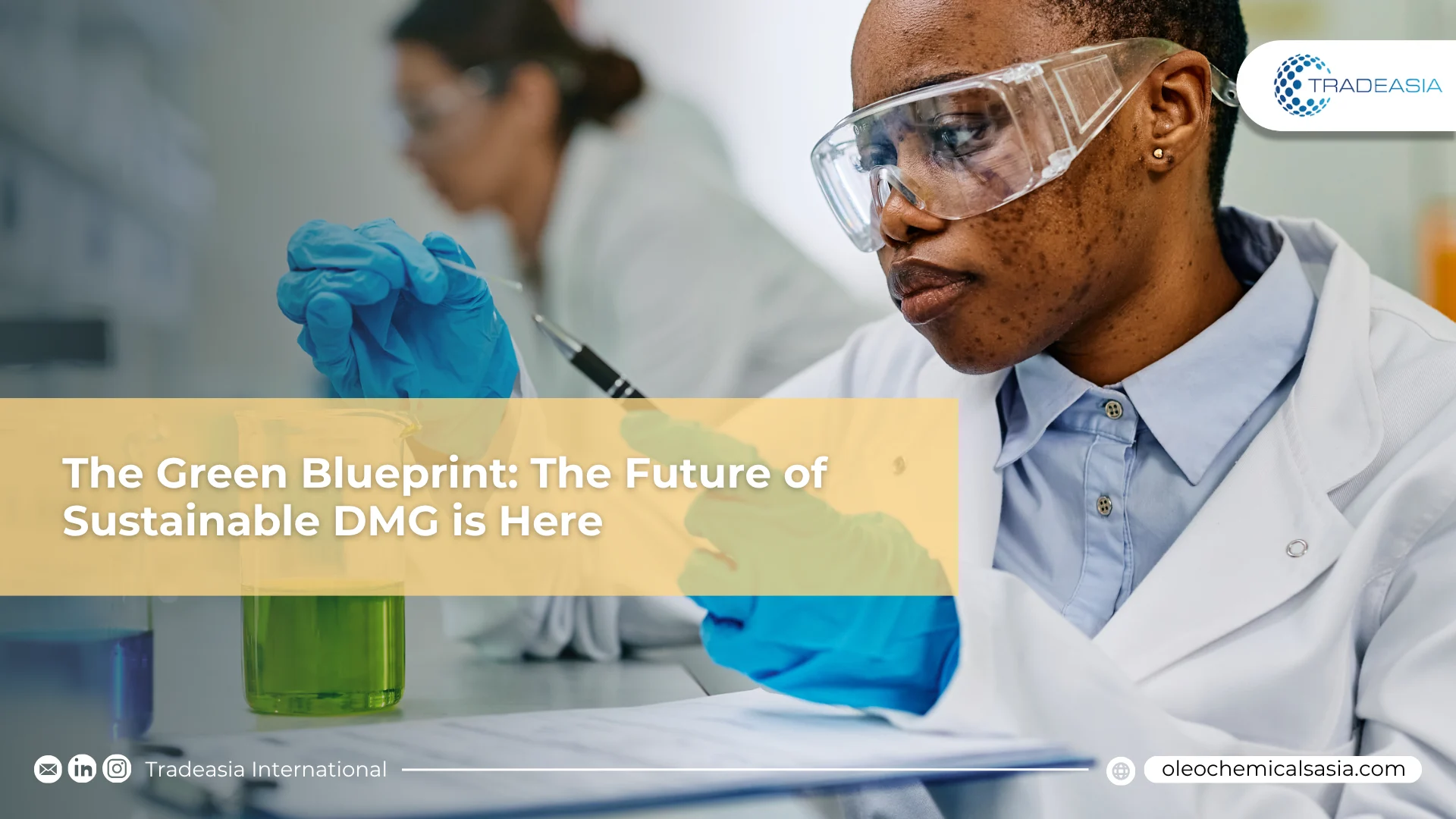The Green Blueprint: The Future of Sustainable DMG is Here

Table of Content
-
Nature's Catalyst: Harnessing the Power of Enzymes
-
Closing the Loop: From Waste Stream to Value Stream
In today's global market, sustainability has evolved from a corporate ideal into a core business imperative. Strict ESG (Environmental, Social, and Governance) goals are reshaping supply chains, and for Distilled Monoglyceride (DMG), R&D in "green chemistry" is leading the charge toward a truly sustainable future, headlined by the innovation of enzymatic synthesis.
This fundamental shift makes it crucial to partner with a supplier who can provide verifiably "green" products. Tradeasia International is committed to this future, connecting our clients with producers at the forefront of sustainable oleochemical manufacturing, and turning ambitious ESG targets into commercial reality.
Nature's Catalyst: Harnessing the Power of Enzymes
The most significant leap forward in green DMG production is the use of lipase enzymes. This bio-catalytic approach allows the core reaction to take place at incredibly low temperatures of 60-80°C, a world away from the 220°C+ required by conventional methods. The immediate result is a staggering energy reduction of over 50%. Furthermore, because enzymes are highly specific, they drastically minimize the formation of unwanted by-products. This simplifies the entire purification process and cuts chemical waste by up to 75%, creating a cleaner and more efficient system.
Closing the Loop: From Waste Stream to Value Stream
Sustainable R&D is also revolutionizing the feedstock side of the equation. Researchers are perfecting methods to utilize crude glycerol, a major byproduct of the biodiesel industry, which generates 1 ton of glycerol for every 9 tons of fuel. By upcycling this industrial co-product into a valuable raw material for DMG, the process perfectly embodies the principles of a circular economy. This approach reinforces the idea that "the most sustainable feedstock is often the one you prevent from becoming waste," creating a product that is not only environmentally superior but also commercially resilient.
Sources:
-
Royal Society of Chemistry, "Journal of Green Chemistry"
-
Oleochemicals Asia, "Sustainability Initiatives in Modern Oleochemical Production"
-
World Bio-Economy Forum, "The Circular Bioeconomy Report"

Leave a Comment